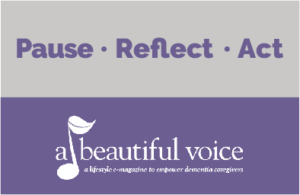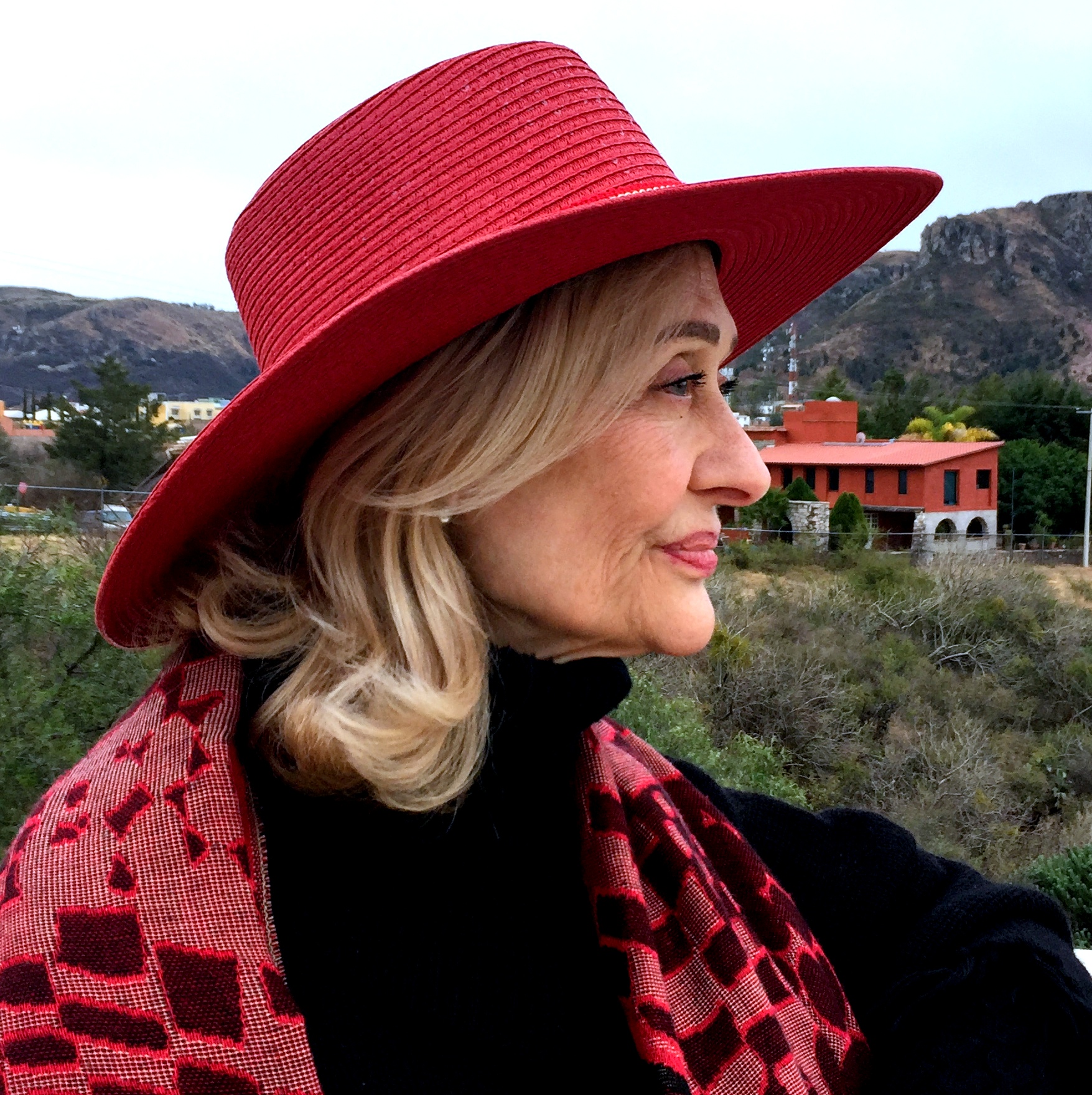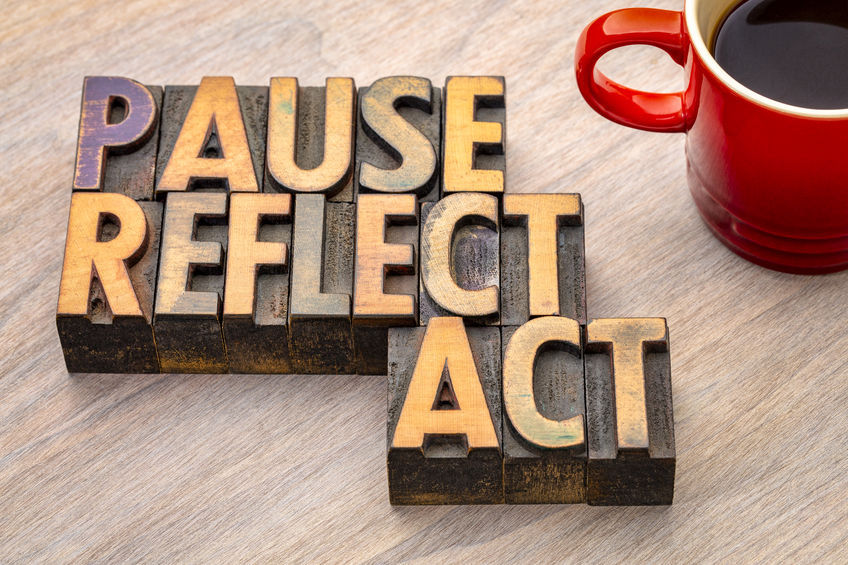“It may be an important time in human history to voice your truth. A time to dismantle the illusion that only experts get to speak. So do your research, find your voice, and share it without needing anyone to agree with you or even support you. Recognize that it may be only your truth, and that it still matters even if it is.” – Sayer Ji, Founder, Greenmedinfo.com
Pause
We are on pause – with no new updates to the e-magazine for three weeks. A migration of the website – from one server to another – which was to be completed within 3-5 days, may now be somewhat closer to arriving in its new home base.
With the project having launched in January, we were just beginning. A graphic artist who graduated from the University of Guanajuato had begun doing some design work for a social media outreach about “change” and a fund-raiser for a needed cause.
These efforts required some focus during COVID-19, provided a sense of purpose, and, hopefully, made a beginning contribution to the dementia community – all at a time when the pandemic shows no end in sight.
Reflect
With migration matters out of our control, we quickly moved on to reflect on what we could do during this period. Like everyone affected by lockdown, we would never have paused of our own choosing for this period of reflection. That said, our focus has centered on areas to enhance when we re-open in our new “home.”
These include:
1) Partnership and Partnerism: An important theme in upcoming posts will be “partnerships” and “partnerism.” It is one of the primary principles of Integrative Medicine, a movement for which Andrew Weil, MD, is a leading voice.
- “Partnership between patient and practitioner is essential to the healing process.”
Partnerism is also a key principle in the work of Riane Eisler, JD, a leading voice in human rights. In addition, The Eden Alternative, founded by Bill Thomas, MD, states that a “care partnership implies a balance of care—that opportunities to give as well as receive are abundant and experienced by everyone in the care relationship.” Dr. Weil, Dr. Eisler, and Dr. Thomas are all included among the Influencers in our e-magazine.
2) Big Pharma: A December 2018 newsletter from Dr. David Perlmutter, a board-certified neurologist, reported on the findings of a large AMA study published in the Journal of the American Medical Association in November 2018.
- “…the very drugs that are being prescribed across our country and indeed around the world with the idea that they are somehow going to treat Alzheimer’s disease are actually associated with a more aggressive decline in cognitive function.” (The article can be found here on Dr. Perlmutter’s website.)
The research results name a group of pharmaceuticals which include a specific drug about which I became intimately familiar as a care partner. I found my mother in a critical state after taking this same medically-prescribed drug for Alzheimer’s. When the drug was stopped, the dreaded nausea stopped immediately. She re-gained 17 pounds, her robust appetite, and her spirited demeanor.
If this were the introduction of a new drug for Alzheimer’s, the media would have covered it extensively. But, even with my interest on this topic, it is unlikely I would have known about the results of this study without having found it in Dr. Perlmutter’s newsletter.
Today, these same pharmaceuticals continue to be marketed in the US and around the world. Upon returning to the dashboard for our e-magazine, this vitally important information will become more prominent among our stories.
3) Caring for the caregiver on the front-lines: Assuming an advocacy role changes one’s life course. We will be featuring themes of “Caring for the Caregiver” more prominently. As we know from the decades-long research of Riane Eisler, JD, women’s roles share a universal nature. Her work impacts all races, all creeds, all nations.
Nurses as caregivers received an emotional outpouring of support around the world during the early days of the pandemic. But at home in the U.S., official voices responded ineffectually to the needs for PPE, sounded patronizing, and were quick to move on to more self-serving topics.
We will be digging deeper into Riane’s work and finding ways to further participate in her educational outreach.
4) Memory Journals – our up-front and personal stories: On a personal note, this pause has freed up time for practical matters – like moving cartons full of Memory Journals from storage to where they are now more easily accessible. These more “up-front and personal” stories will be integrated among our other posts.
Act
In the next 21 days, our Facebook posts will be featuring personal reviews of books authored by our twelve Influencers. These are pioneers who are changing the culture of dementia care. They are highly-respected changemakers with decades-long careers.
As we have learned during COVID-19, we need to be preparing for the next pandemic so that such tragic events are never repeated. Our expanding group of changemakers and futurists will include those with models of care to avoid preventable suffering and death.
“Stand up, speak out!” was the refrain of Richard Taylor, PhD. Richard lived with the diagnosis of dementia, probably of the Alzheimer’s type, for over a decade. He is included as one of our Influencers and,  before his death, had offered to write for our publication, ABeautifulVoice.org. It had barely landed on the drawing board.
before his death, had offered to write for our publication, ABeautifulVoice.org. It had barely landed on the drawing board.
He is remembered as an activist dedicated to breaking down the stigmas of dementia and age, while inspiring and encouraging others.
In a like-minded spirit, we will be seeking more opportunities for collaboration with those in the dementia community. This new world is a time to gather our collective strengths into a heart-centered vision to avoid preventable crisis, suffering, and death.
We will be back. And hopefully we will be a little bolder and a little better.
Author: Susan Troyer


